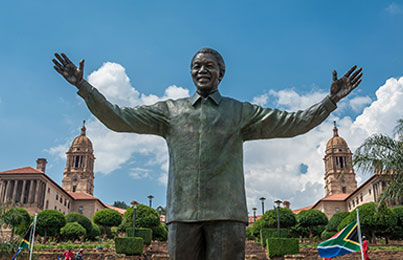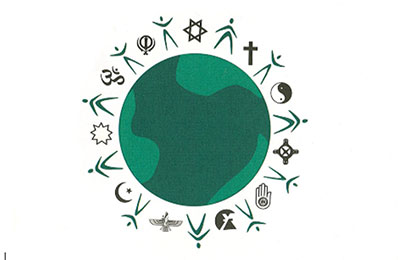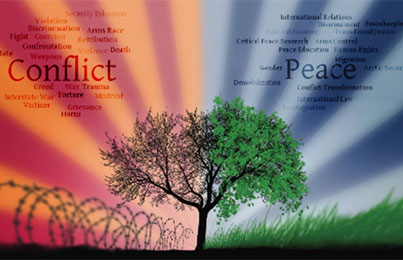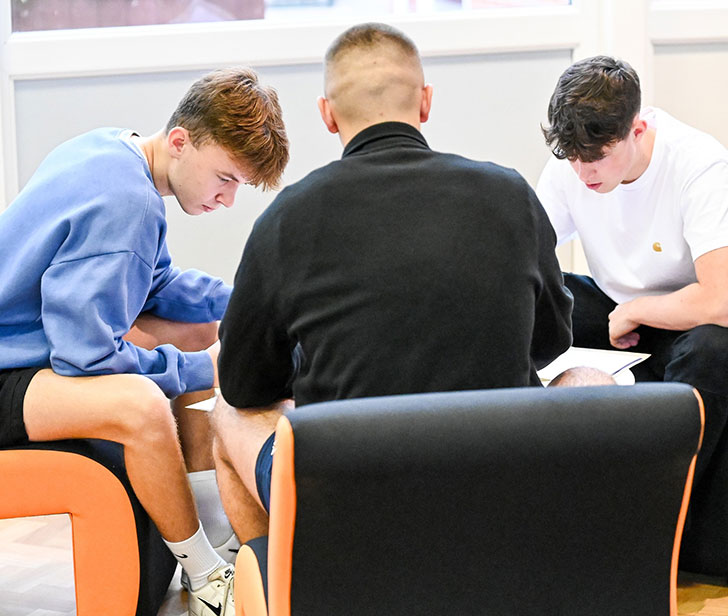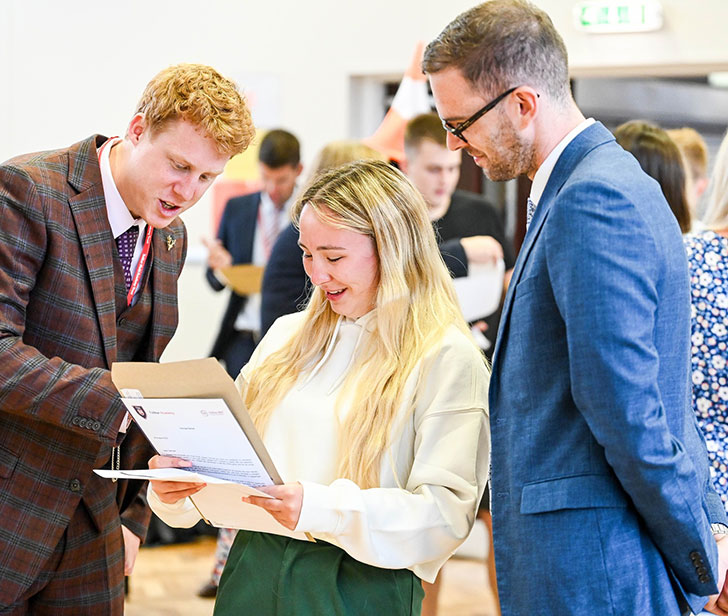Religious Education
Key Themes
At Waltham Toll Bar Academy we will consistently revisit the following themes in RE:
Beliefs: The study of what different world views and individuals believe and why they possess these beliefs.
Practices: What individuals and specific groups do in order to live out their beliefs. Often connects with beliefs as beliefs very commonly influence practise.
Diversity: Appreciating concepts such as tolerance and equality and reflecting upon the need for a more diverse and respectful society.
Impacts upon Society: Assessing the impact that certain beliefs and practices can have on an individual’s life, society in Britain and the global community.
Ethics: Exploration of what we might consider to be right and wrong and an appreciation of the range of different approaches to moral dilemmas.
Peace and Conflict: Analysis of various approaches linked to the need for peace and both how conflict can occur and be resolved.
Our Year 7 Curriculum
- Within our Year 7 curriculum, students are encouraged to explore some of the key beliefs and practices linked to a variety of world views as well as engage with a range of different key themes such as equality and helping others.
- In RE Year 7 students will have the opportunity to delve into key concepts such as inspirational attributes through study of topics such as Inspirational People. Through these topics students will be able to reflect upon the centrality of these themes in other’s lives.
- Students will not only be able to learn and analyse core beliefs and practices, they will also be able to discuss how these have influenced British society and life within the local Waltham Toll Bar area through references and discussions based around local places of interest.
- Studies within Year 7 will allow students to discuss and address a wide variety of thought-provoking and deep questions and themes through lots of different teaching methodology.
Our Year 8 Curriculum
- Within RE, our Year 8 curriculum is designed to build upon the key concepts established throughout Year 7 and Key Stage 2 studies and address these from different perspectives.
- Waltham Toll Bar Academy students will begin Year 8 with an in-depth analysis of global issues related to the environment and animal welfare. We encourage students to interact with the news and current affairs inside and outside of lessons to further inform their arguments on this topic and to incorporate real life examples.
- Year 8 students will have the opportunity to explore the core beliefs and practices of three major worldviews: Humanism, Judaism and Hinduism. This combination encourages students to interact with a wide range of belief systems that are often contrasting in nature and to be able to draw comparisons effectively between these.
- Students will have the opportunity to cast an analytical eye over the role that faith has played and continues to play in Britain today. This encourages students to understand the society in which they are growing up in and encourages them to consider certain aspects of society in more detail.
Our Year 9 Curriculum
- Within RE at Year 9 students continue to revisit and build upon the themes they become familiar with throughout Years 7 and 8. These themes are explored through a range of different questions including an in-depth study of issues related to Peace and Conflict.
- Students will be able to explore the core beliefs and practices of two further worldviews in Year 9: Buddhism and Sikhism. This will allow students to have a well-rounded exploration of major worldviews by the time they finish their studies of RE in Year 9.
- Year 9 concludes with an inspiring and thought proving question: “do we need religion to be good?”. Through a study of different approaches to this question students will be able to assess their moral outlooks on life in a critical fashion.
- Year 9 RE allows students to grapple with some controversial and thought-provoking issues that students will encounter through the news such as extremism and terrorism, prejudice and discrimination and warfare. Students have the opportunities to deeply explore these issues with references to real-life examples.
- Throughout their studies of RE within Year 9 students will be prepared for their future studies at GSCE level by developing many of the key skills required for GCSE RE alongside other qualifications.
Key Stage 4:
At Key Stage 4, students are able to complete a full course GCSE qualification in Religious Studies. There is no coursework element to the GCSE Religious Studies course, with assessment taking place via three written examinations at the end of the course.
As part of the GCSE Religious Studies course, students develop their knowledge and understanding of different faiths, non-religious viewpoints and a wide range of moral and ethical issues. They complete an in-depth study of two world faiths - Christianity and Hinduism, exploring the beliefs, teachings and practices of each. They also explore four separate themes; Relationships, Life and Death, Human Rights and Good and Evil.
The GCSE course is assessed by three written examinations:
Component 1: Religious, Philosophical and Ethical Studies in the Modern World
Written Examination: 2 hours
50% of qualification
Component 2: Study of Christianity
Written examination: 1 hour
25% of qualification
Component 3: Study of a World Faith - Hinduism
Written examination: 1 hour
25% of qualification
Through their studies in this curriculum area, students are able to:
- Adopt an enquiring, critical and reflective approach to the study of religion.
- Reflect on fundamental questions and respond to them personally.
- Enhance their spiritual and moral development.
- Enhance their personal, social and moral development and develop their understanding of different cultures locally, nationally and in the wider world.
- Develop their interest in and enthusiasm for the study of religion, and relate it to the wider world.
- Reflect on and develop their own values, opinions and attitudes in the light of their learning.
